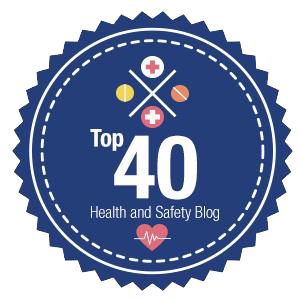- Stress can cause absenteeism, high staff turnover, low morale, increased insurance premiums, reduced productivity, more frequent accidents and compensation claims.
- The most common signs of stress include: being withdrawn, producing work of a lower standard than usual, increased sickness absence, alterations in working hours and being short-tempered or irritable.
- Organisations should take a proactive approach to reducing stress levels, eg having a policy on stress and effective procedures, providing appropriate training and offering treatment and rehabilitation should it be required.
- The HSE has identified six primary sources of stress at work: demands of the job, control, relationships, change, role, and support of the individual.
- Employers can gather information about stress in their workplace by qualitative methods (eg talking to staff, focus groups) and quantitative methods (eg sickness absence data, staff turnover, questionnaires).
- Managers should regularly review issues such as volume of work, working hours, job design, communications and provision of training, management style and the incidence of bullying or harassment in the workplace.
Contact Walker Health and Safety Services if you wish to discuss this subject.




 Stress is now recognised as a very serious health and safety issue, and one that all organisations must address if they are to comply with health and safety legislation. Employers must treat stress like any other health hazard.
Stress is now recognised as a very serious health and safety issue, and one that all organisations must address if they are to comply with health and safety legislation. Employers must treat stress like any other health hazard.




